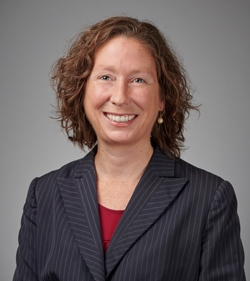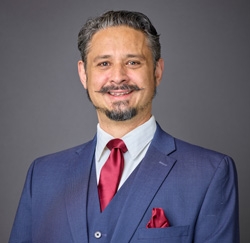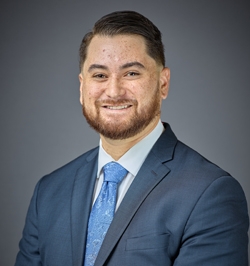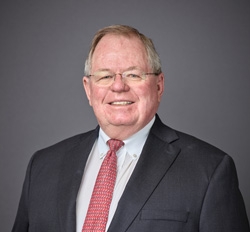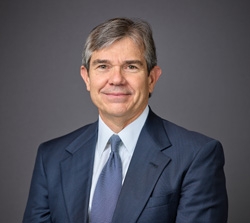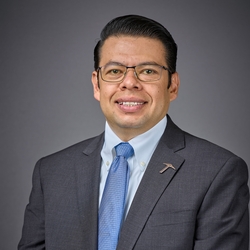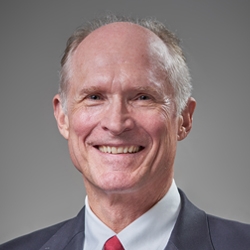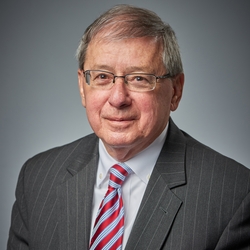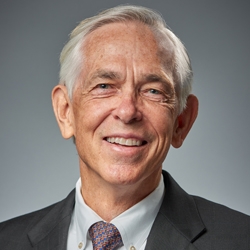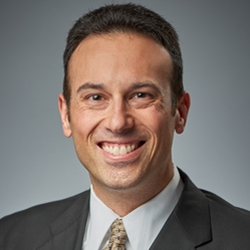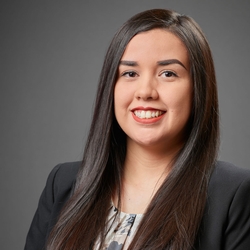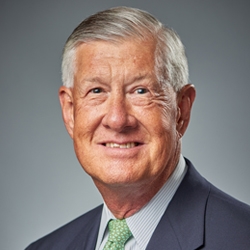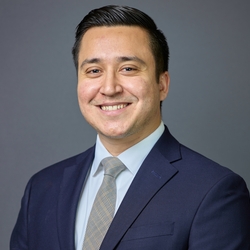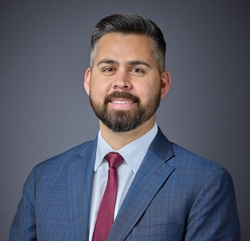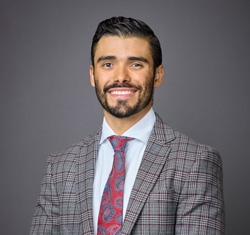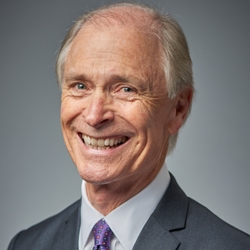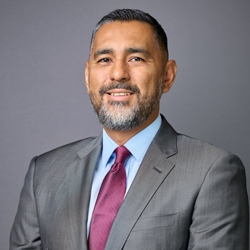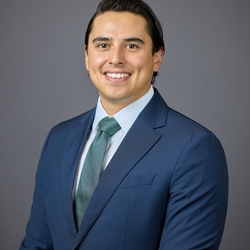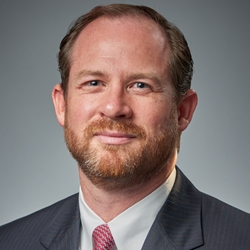Supreme Court Clarifies Standard for Employers to Show Undue Hardship for Accommodations Based on Religion
Contact Clara (C.B.) Burns, Charles C. High, Jr., Gilbert L. Sanchez, Isaac J. Blanco and Metzeri A. Camacho -
June 29, 2023
Today, the Supreme Court of the United States issued a unanimous decision in Groff v. Dejoy, a religious accommodations case brought against the United States Postal Service by former employee Gerald Groff. Groff, a USPS delivery driver, believed for religious reasons that Sundays should be devoted to worship and rest. His position typically did not involve working on Sundays, until the USPS began making deliveries for Amazon on Sundays and required drivers to work Sundays on a rotating basis. USPS took multiple measures in attempting to accommodate his religious belief, including transferring Groff to another location and reassigning other employees to cover his shifts, but it ultimately still needed to schedule Groff to work some Sundays. Groff received progressive discipline for failing to work on Sundays and eventually resigned in response. He sued USPS under Title VII of the Civil Rights Act of 1964 asserting that it could have accommodated his Sunday Sabbath without undue hardship on the conduct of its business.
In the June 29, 2023, decision, the Supreme Court clarified the gray area that has existed within the courts for nearly half a century of what constitutes an undue hardship for an employer when adhering to a religious accommodation request. The Court stated that an undue hardship is “shown when a burden is substantial in the overall context of an employer’s business.” What the Court describes as a “fact-specific inquiry,” may not have established a bright-line rule both sides hoped for, but the higher standard provided clarity from the previous interpretation in the Supreme Court’s 1977 decision in Trans World Airlines, Inc. v. Hardison. Language in Hardison had articulated the standard to prove an undue hardship as whether the employer could show it would “bear more than a de minimis cost.”
In Groff, the Court reasoned that “showing ‘more than a de minimis cost,’ as that phrase is used in common parlance, does not suffice to establish ‘undue hardship’ under Title VII.” The Court opined that “an employer must show that the burden of granting an accommodation would result in substantial increased costs in relation to the conduct of its particular business. The Court was clear in stating “courts must apply the test in a manner that takes into account all relevant factors in the case at hand, including the particular accommodations at issues and their practical impact in light of the nature, ‘size and operating cost of [an] employer.’”
The Court went further in clarifying certain “recurring issues” caused by the “erroneous de minimis interpretation of Hardison.” First, the Court held that not all impacts on coworkers should be considered a relevant factor, but only coworker impacts that go on to affect the conduct of the business. The Court held that a coworker’s dislike of a religious practice and expression in the workplace, or dislike of the mere fact of an accommodation, is not “cognizable to factor into the undue hardship inquiry.” Second, the Court clarified that “Title VII requires that an employer reasonably accommodate an employee’s practice of religion, not merely that it assess the reasonableness of a particular possible accommodation or accommodations.” For instance, in Groff, it would not have been enough for the USPS to conclude that forcing other employees to work overtime would constitute an undue hardship—it would also need to consider other options such as voluntary shift swapping. Indeed, the Supreme Court in this case found it “appropriate to leave it to the lower courts to apply [its] clarified context-specific standard.”
This decision will have lasting implications on how an employer analyzes whether a religious accommodation request is reasonable or creates an undue hardship. If your company is ever in question over whether a religious accommodation request creates an undue hardship, Kemp Smith’s Labor & Employment department is readily available to advise.
In the June 29, 2023, decision, the Supreme Court clarified the gray area that has existed within the courts for nearly half a century of what constitutes an undue hardship for an employer when adhering to a religious accommodation request. The Court stated that an undue hardship is “shown when a burden is substantial in the overall context of an employer’s business.” What the Court describes as a “fact-specific inquiry,” may not have established a bright-line rule both sides hoped for, but the higher standard provided clarity from the previous interpretation in the Supreme Court’s 1977 decision in Trans World Airlines, Inc. v. Hardison. Language in Hardison had articulated the standard to prove an undue hardship as whether the employer could show it would “bear more than a de minimis cost.”
In Groff, the Court reasoned that “showing ‘more than a de minimis cost,’ as that phrase is used in common parlance, does not suffice to establish ‘undue hardship’ under Title VII.” The Court opined that “an employer must show that the burden of granting an accommodation would result in substantial increased costs in relation to the conduct of its particular business. The Court was clear in stating “courts must apply the test in a manner that takes into account all relevant factors in the case at hand, including the particular accommodations at issues and their practical impact in light of the nature, ‘size and operating cost of [an] employer.’”
The Court went further in clarifying certain “recurring issues” caused by the “erroneous de minimis interpretation of Hardison.” First, the Court held that not all impacts on coworkers should be considered a relevant factor, but only coworker impacts that go on to affect the conduct of the business. The Court held that a coworker’s dislike of a religious practice and expression in the workplace, or dislike of the mere fact of an accommodation, is not “cognizable to factor into the undue hardship inquiry.” Second, the Court clarified that “Title VII requires that an employer reasonably accommodate an employee’s practice of religion, not merely that it assess the reasonableness of a particular possible accommodation or accommodations.” For instance, in Groff, it would not have been enough for the USPS to conclude that forcing other employees to work overtime would constitute an undue hardship—it would also need to consider other options such as voluntary shift swapping. Indeed, the Supreme Court in this case found it “appropriate to leave it to the lower courts to apply [its] clarified context-specific standard.”
This decision will have lasting implications on how an employer analyzes whether a religious accommodation request is reasonable or creates an undue hardship. If your company is ever in question over whether a religious accommodation request creates an undue hardship, Kemp Smith’s Labor & Employment department is readily available to advise.





